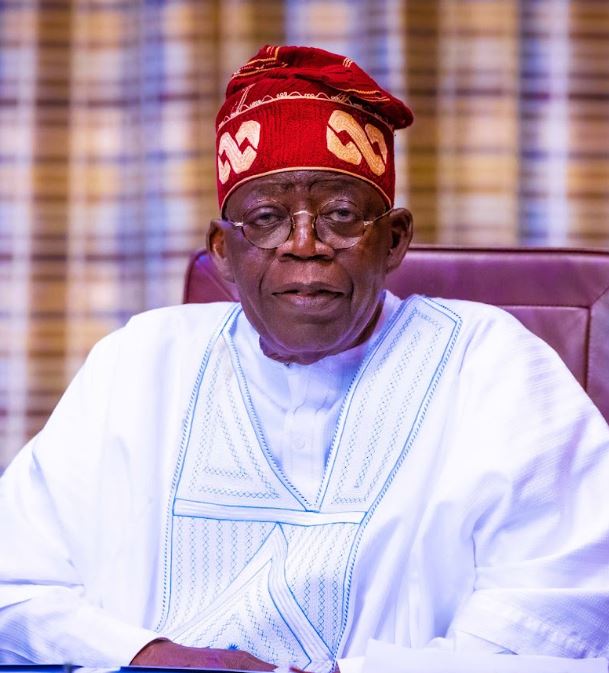By Milcah Tanimu
Nigeria’s foreign policy faces growing concerns after President Bola Tinubu delayed appointing new ambassadors. Since recalling Nigerian envoys on September 2, 2023, the country’s 109 diplomatic missions—comprising 76 embassies, 22 high commissions, and one consulate—have lacked full diplomatic representation at the ambassadorial level.
Retired diplomat Ambassador Suleiman Dahiru expressed concern, stating that the president should have immediately appointed replacements after recalling the former ambassadors. He emphasized that career diplomats, who are overdue for ambassadorial appointments, now face uncertainty, as some may soon become ineligible due to their approaching retirement.
The delay in appointing ambassadors has raised fears about its potential impact on Nigeria’s international relations. A former diplomat, speaking anonymously, warned that the absence of ambassadors could hinder Nigeria’s diplomatic engagements. Lower-ranking officers, such as chargé d’affaires, do not have the authority to handle high-level meetings with foreign ministers, limiting Nigeria’s ability to address key issues with host countries.
Joe Keshi, former Nigerian Ambassador to the United States, further explained the complexity of ambassadorial appointments. He noted the extensive process of nomination, screening, and clearance by host countries, which could take up to a year to complete.
The delay in filling these critical diplomatic positions raises concerns about Nigeria’s diplomatic efficacy and its standing in the global community.





